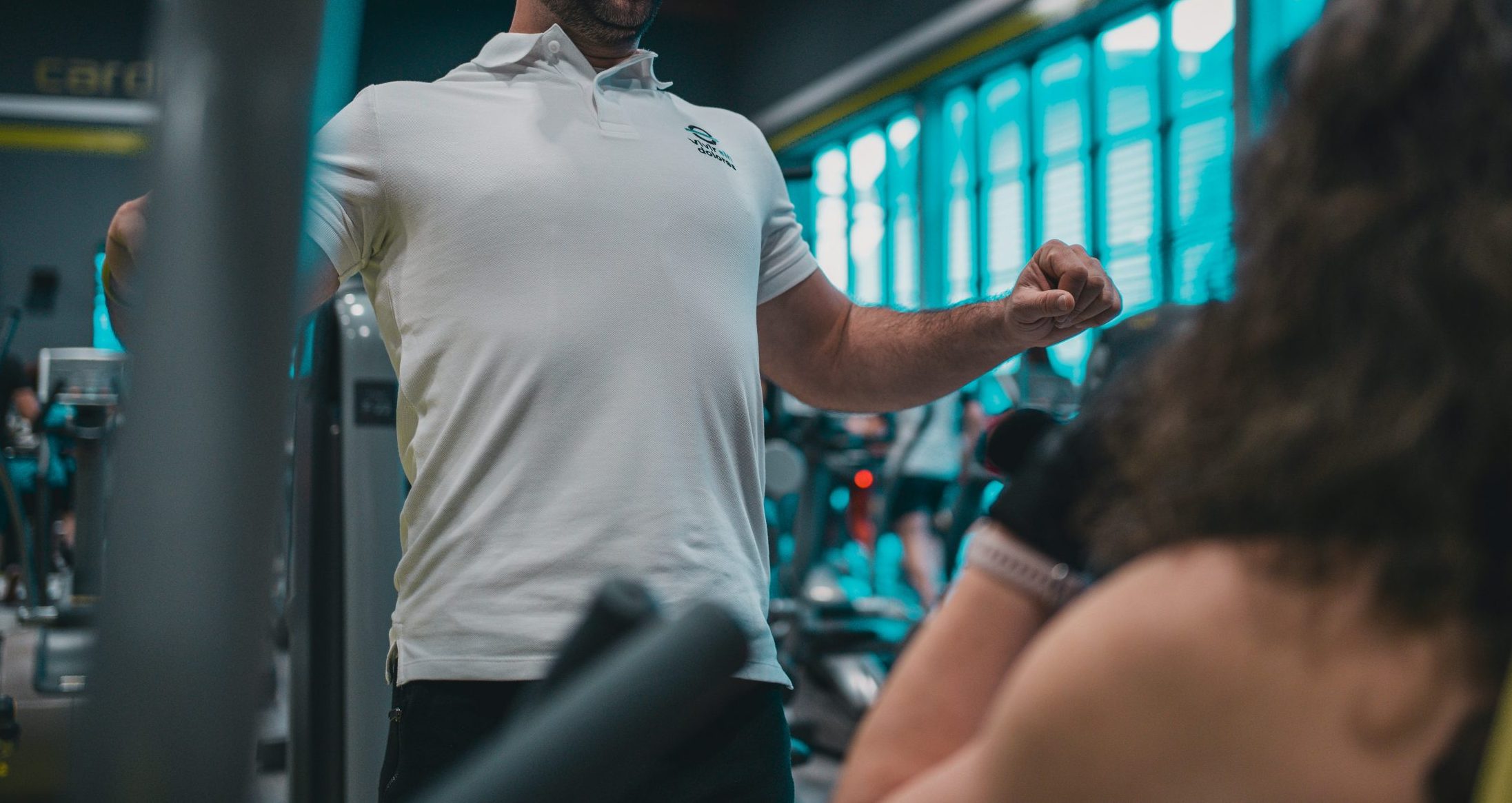
🤝 How to Find the Right Trainer for You: A Simple Guide
Choosing the right fitness trainer can totally change the game for reaching your health and fitness goals. A good trainer motivates you, educates you, and supports your journey—not just counts reps. But with so many trainers out there, how do you pick the perfect one? Here’s a simple, stress-free way to find your match.
🎯 Step 1: Know Your Fitness Goals
What’s your priority? Weight loss, muscle building, sports focus, or just getting generally healthier? Knowing this helps you find a trainer who specializes in what you want.
🏅 Step 2: Check Their Qualifications & Experience
Look for trainers certified by reputable orgs. If you have injuries or special needs, ask about their experience in those areas. Real success stories count!
😊 Step 3: Personality Match
Your trainer will be your coach and cheerleader, so choose someone whose style vibes with you. Some like a tough, no-nonsense coach; others prefer a supportive, encouraging guide. This connection helps keep motivation high.
🕒 Step 4: Consider Flexibility & Availability
Make sure their schedule works with yours and they offer the training formats you prefer—like in-person, online, or group sessions. Flexibility makes sticking to workouts way easier.
👀 Step 5: Try a Trial Session
Most trainers offer a trial. Use it to see if you like their style, ask burning questions, and gauge your comfort level.
💰 Step 6: Budget Matters
Personal training is an investment. Be upfront about what you can afford. Sometimes investing a bit more gets you better results and motivation.
🧠 Holistic Takeaway
Finding the right trainer isn’t just about credentials—it’s about connection, motivation, and what fits your lifestyle. Take your time and trust your instincts to find someone who helps unlock your potential sustainably.
🗣️ Questions to Ask Your Trainer
- What certifications and experience do you have?
- How do you customize workouts?
- What’s your training philosophy?
- How do you track and adapt progress?
- Can you handle injuries or special needs?
- What support do you provide outside sessions?
- What about cancellations or rescheduling?
💬 Tips for Great Communication
- Be honest about goals and limits.
- Speak up if something hurts or feels wrong.
- Ask questions when unsure.
- Give feedback on what’s working or not.
- Be open to trying new things.
- Celebrate your progress together!


